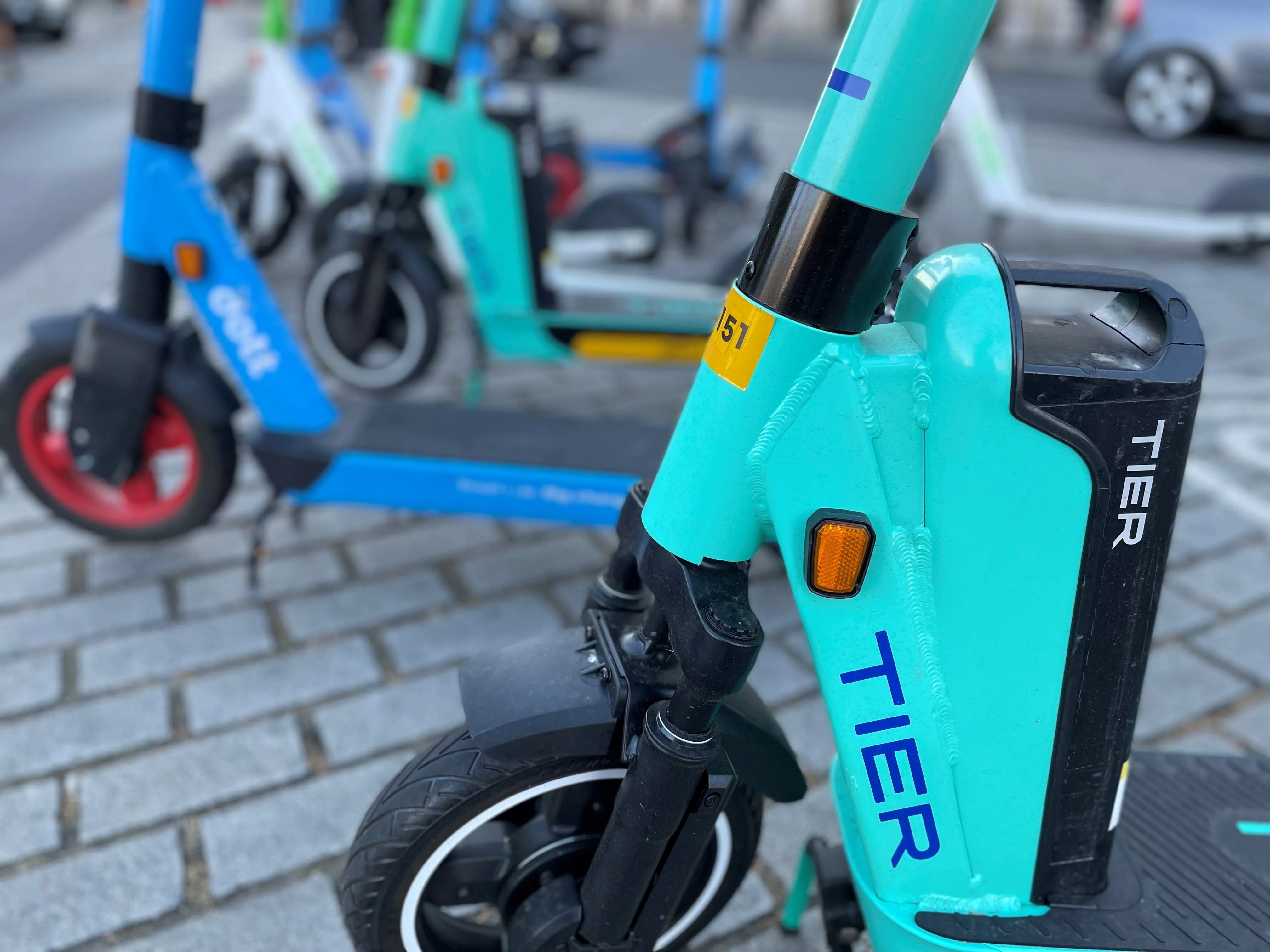December 14, 2022
ITS International editor Adam Hill proves beyond doubt, once and for all, that he can walk and talk at the same time: a few pithy reflections on the highlights of the ITS sector in 2022 - and a look ahead to some of the good things to look forward to in 2023... And all without falling over in the snow ❄️








